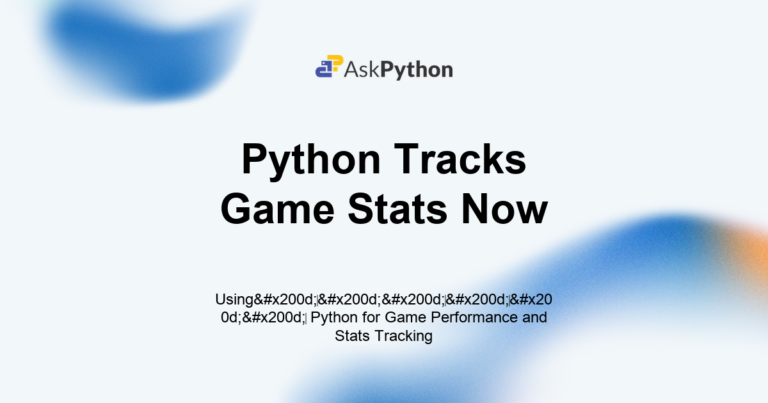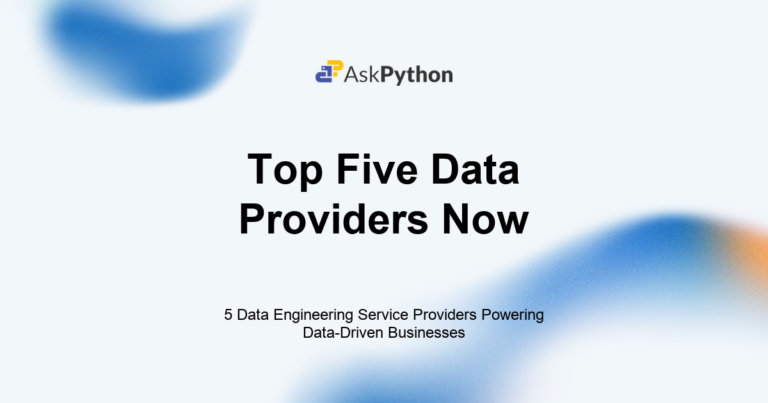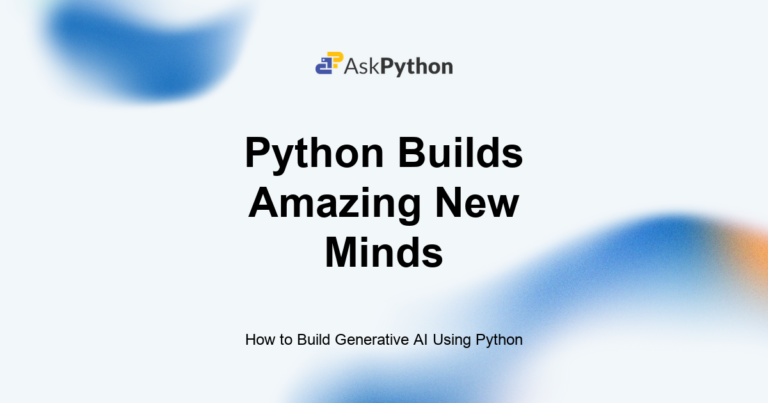
In today’s digital age, technology is revolutionizing every aspect of our lives. From shopping to healthcare, advancements in artificial intelligence (AI) are transforming industries in unimaginable ways. One area where AI is making significant strides is in financial literacy. Understanding and managing personal finances is crucial in today’s complex world, and AI is paving the way for a new horizon in financial education.
Understanding Financial Literacy: A Primer
Before delving into the role of AI in financial literacy, it’s essential to understand what financial literacy entails. Financial literacy refers to the knowledge and skills needed to make informed financial decisions. It encompasses various aspects, such as budgeting, investing, saving, and understanding financial products and concepts.
Financial literacy is not just about knowing how to balance a checkbook or read a stock chart; it’s about understanding the implications of financial choices and making informed decisions that align with one’s goals and values.
The Importance of Financial Literacy
In a world where personal finances are increasingly complex, financial literacy has become more critical than ever. It empowers individuals to take control of their financial future, make wise investments, and avoid falling into debt traps. Financially literate individuals are better equipped to manage unexpected expenses, save for retirement, and navigate the complexities of the modern financial landscape.
Furthermore, studies have shown that improving financial literacy can have a positive impact on economic and social well-being. Individuals with a strong understanding of personal finance are more likely to make sound financial decisions, contribute to economic growth, and avoid financial hardships.
Current State of Financial Literacy Worldwide
Despite the significance of financial literacy, the current state worldwide is worrisome. According to surveys and studies conducted globally, a significant portion of the population lacks basic financial knowledge and skills. Many individuals struggle with managing debt, understanding financial terms, and making informed decisions about saving and investing.
This lack of financial literacy poses significant challenges for individuals and societies at large. It leads to financial vulnerability, debt burdens, and limited opportunities for economic growth and prosperity. Recognizing the urgency to address this issue, AI offers a promising solution.
The Rise of Artificial Intelligence in Finance
Artificial Intelligence is reshaping the world of finance in various ways. From trading algorithms to risk management systems, AI is revolutionizing how financial institutions operate. However, its potential extends far beyond the confines of banks and investment firms. AI holds immense promise in improving financial literacy and creating a more financially empowered society.
The Role of AI in Modern Finance
AI plays a crucial role in modern finance by automating processes, analyzing vast amounts of data, and improving decision-making capabilities. Machine learning algorithms can sift through mountains of financial information, identify patterns, and provide insights that humans may overlook. This data-driven approach allows for more accurate predictions, risk assessments, and personalized financial recommendations.
Furthermore, AI-powered chatbots and virtual assistants are enhancing customer experiences by providing instant and personalized financial guidance. Whether it’s answering basic queries about budgeting or providing complex investment advice, these AI-driven assistants are becoming an integral part of financial institutions’ services.
How AI is Transforming Financial Services
AI is transforming financial services in profound ways. Robo-advisors, for example, use AI algorithms to provide automated investment management services. These platforms analyze clients’ financial data, risk tolerance, and investment goals to create personalized portfolios tailored to their needs. This democratization of investment advice allows individuals with limited resources to access professional guidance and diversify their portfolios.
Beyond investment management, AI is also helping individuals track their spending, budget effectively, and monitor their financial health. Personal finance apps leverage AI algorithms to categorize transactions, identify spending patterns, and provide insights on saving opportunities and potential budget improvements.
Bridging the Gap: AI in Financial Education

While AI is reshaping financial services, it’s also bridging the gap in financial education. Traditional educational systems often fall short in providing comprehensive financial literacy programs. AI-powered solutions are stepping in to fill these gaps and empower individuals to make informed financial decisions.
In the ever-expanding domain of financial education, AI is not just a tool but a game changer, and nowhere is this more evident than in the realm of Immediate Connect. This advanced form of trading, fueled by the principles of quantum mechanics, goes beyond the confines of traditional algorithms, offering insights into market behaviors at a pace and depth previously unfathomable.
For those seeking to grasp the nuances of modern financial landscapes, understanding ImmediateConnectapp.org becomes crucial. As we venture further into this new horizon, the fusion of Immediate Connect with financial literacy initiatives offers individuals unprecedented clarity, demystifying the complexities of the trading world and empowering a new generation with refined investment acumen.
AI-Powered Financial Literacy Programs
AI-powered financial literacy programs leverage technology to deliver interactive and personalized learning experiences. These programs adapt to individuals’ learning styles, pace, and knowledge levels, making education engaging and effective. Through gamification, simulations, and interactive exercises, individuals can learn and practice financial concepts in a risk-free environment.
Furthermore, AI can analyze individuals’ financial data and provide customized recommendations for improving their financial well-being. For instance, it can suggest strategies for reducing debt, optimizing savings, or maximizing investment returns based on an individual’s unique financial situation.
The Impact of AI on Financial Decision Making
AI is poised to revolutionize financial decision-making by providing individuals with real-time, data-driven insights. By analyzing financial data, market trends, and individual goals, AI algorithms can offer personalized recommendations on everything from investment choices to retirement planning.
Moreover, AI can help individuals evaluate the potential risks and rewards of financial decisions, enabling them to make informed choices. By democratizing access to financial information and advice, AI empowers individuals to make decisions that align with their financial goals and values.
Case Studies: AI Enhancing Financial Literacy
Let’s explore some real-life examples of how AI is enhancing financial literacy and improving individuals’ financial journeys.
AI Tools for Personal Finance Management
Personal finance management apps, such as Mint or YNAB, utilize AI algorithms to track users’ spending, analyze financial habits, and offer personalized recommendations. These apps categorize transactions, provide visual reports, and help individuals set and achieve their financial goals.
Additionally, AI-powered apps can evaluate recurring expenses, identify potential areas for cost-saving, and offer suggestions to optimize spending. By making financial management more accessible and intuitive, these tools enable individuals to gain control over their finances and develop healthier financial habits.
AI in Financial Planning and Advisory
Financial planning and advisory services are no longer limited to elite individuals with substantial wealth. AI-driven platforms, such as Wealthfront or Betterment, offer affordable and accessible investment advice to individuals of all income levels.
Using AI algorithms, these platforms assess users’ financial situations, risk profiles, and investment goals to build personalized portfolios. They continuously monitor market conditions and rebalance portfolios to maximize returns. The simplicity and affordability of these platforms make them attractive alternatives to traditional financial advisors.
The Future of Financial Literacy with AI
The potential for AI to transform financial literacy is vast, but there are still challenges to overcome. As the journey unfolds, it’s crucial to address these challenges and ensure that AI fulfills its promise in empowering individuals to make sound financial decisions.
Potential Challenges and Solutions
One significant challenge is the ethical use of AI in financial education. Ensuring the privacy and security of users’ personal data is paramount. Transparent data collection practices, secure platforms, and robust privacy policies are essential to build trust and protect individuals’ information.
Another challenge lies in ensuring AI algorithms are fair and unbiased. Bias in data or algorithms can lead to unequal access to opportunities or discriminatory financial advice. Continuous monitoring and improvement of algorithms are necessary to prevent such biases and ensure inclusive financial education.
The Road Ahead for AI in Financial Education
Looking ahead, the road for AI in financial education is promising. As AI technology advances, financial literacy programs will become more personalized, interactive, and accessible. AI-powered virtual assistants will become even more intuitive, offering real-time guidance tailored to users’ financial goals and values.
Moreover, collaboration between AI and human experts will be crucial. AI can augment financial education by providing data-driven insights and recommendations, but human expertise and empathy are equally important in addressing individuals’ unique financial situations and concerns.
As we step into this new horizon of financial literacy with AI, it’s crucial to embrace these advancements while ensuring that education remains at the heart of the journey. By leveraging the power of AI and combining it with effective educational strategies, we can empower individuals to take charge of their financial lives, bridge the gap in financial literacy, and create a more financially inclusive future.


